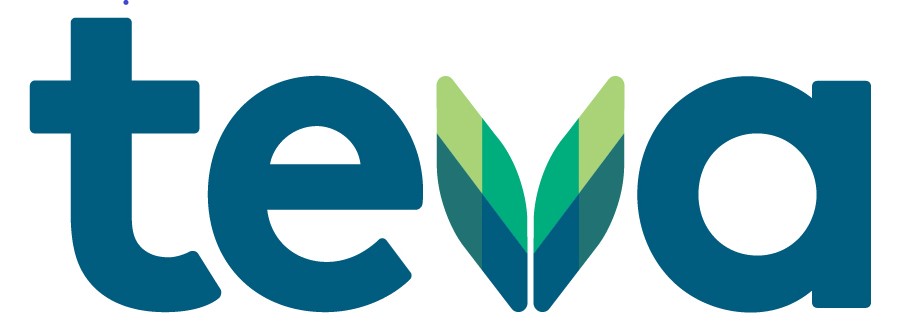
Hiring a new physician is a huge undertaking which has a lasting impact on your practice. Finding exceptional candidates who make patient safety and satisfaction a top priority benefits both your patients and your practice, since physicians who enhance your reputation are vital to long-term success.
We recently spoke to Iris Nichols of Arthritis & Osteoporosis Consultants of the Carolinas (AOCC), who has extensive experience with the hiring process and recently added new physicians to her practice, as well as Reuben Allen, a Rheumatology Practice Consultant. In this post, we’ve collected their best nuggets of wisdom applicable to rheumatology practices of any size. If you’re planning to hire a new doctor within the next few years, reading this article should be your very first step.
Have a long term strategy when it comes to hiring.
One of the most common mistakes Nichols sees practices make is waiting too long to begin the hiring process. “You can’t decide today that you want a new physician in three months,” she cautions. Instead, practices should start talking about hiring a full year before they think they’ll need a new physician, then start tapping into residency programs, fellowship programs, and placing ads. During AOCC’s last round of hiring, they searched through all three of these avenues. “We got some input,” Nichols says, “but not a lot.”
To find qualified candidates, both Nichols and Allen recommend sending letters to the department chairs of fellowship programs across the country and to professional contacts in academia, explaining what you’re looking for and offering some information about your practice. Centers often want to keep their fellows for academic reasons, and it can be difficult to broach the subject of drawing them away. A well-worded and direct letter of interest helps to break the ice.
Headhunters can help—if you find the right one.
Sometimes you need a little extra help finding the right candidate, and in these cases a reputable headhunter can be a useful shortcut. Nichols points out that AOCC is in Charlotte, a large, metropolitan area which makes it easier to attract talented doctors. Rheumatology practices in smaller towns often have a harder time making their case. “A headhunter can work for you and help make your city more desirable to potential candidates,” Nichols explains. Practices can also offer extras to sweeten the deal, such as a signing bones, moving expenses, and other perks.
Allen agrees that smaller practices are often at a disadvantage, especially when competing for candidates with hospitals in bigger cities. He recommends stressing the benefits of a small practice, such as the fact that doctors have a better chance of becoming a partner sooner, more freedom to do things their own way, and less overhead. He also adds that smaller practices might be better off posting job listings in ACR and skipping the recruiter route completely, as they can often be expensive. Most job seekers will check ACR, so they’ll know about your ad even without the help of a recruiter. If you still have questions about how and when to use a headhunter, you’re in luck—we’ll be writing a future article about hiring a headhunter to assist your practice, so stay tuned!
Check references before the interview.
References aren’t just for show! Make sure you ask for references and call them to learn more about each candidate. Taking this step before you bring the candidate in to interview can be very illuminating, especially when it comes to potential issues or questions the references may bring up. Candidates should have no problem coming up with a required number of references, but excellent candidates will offer a few key people. These include their department chair or chief, mentors at their fellowship program, and a colleague or two who can describe what they’re like to work with day to day.
An interactive interview is key.
When it comes to the actual interview, AOCC has developed a routine that is illuminating for both the candidate and the hiring staff. Either the day before or the morning of the interview, the candidate shadows a partner for one to two hours while they go about their day. This gives partners the opportunity to speak with the candidate one on one and answer any questions they may have. It also gives the candidate a chance to see firsthand how the practice operates and what level of care is expected from the physicians. “It’s amazing what you can uncover during that time,” Nichols says. Candidates also have an opportunity to spend about ten minutes with each department in the practice, so they have a better understanding of all the services the practice offers. “They’ll be working with labs, x-rays, everyone,” Nichols says. “Meeting the people in those departments is just as important as getting to know the partners.”
Have a standard contract on hand when you make an offer.
When it’s time to make an offer, it’s important to have a standard contract—the only deviation should be the salary. At AOCC, contracts are drafted by an attorney and are renewed yearly until the new physician is offered partner status—usually after two or three years, though this is purposely left open-ended and not specified in the contract. The contract can also include a bonus structure that outlines when, if, and through what machinations bonuses are offered. While the process of finding a physician can take a year from start to finish, the time from interview to offer is usually completed by AOCC in 30 to 45 days.
We hope these tips help guide you through the hiring process. If you have any ideas to add to this list, let us know.
Posted by











